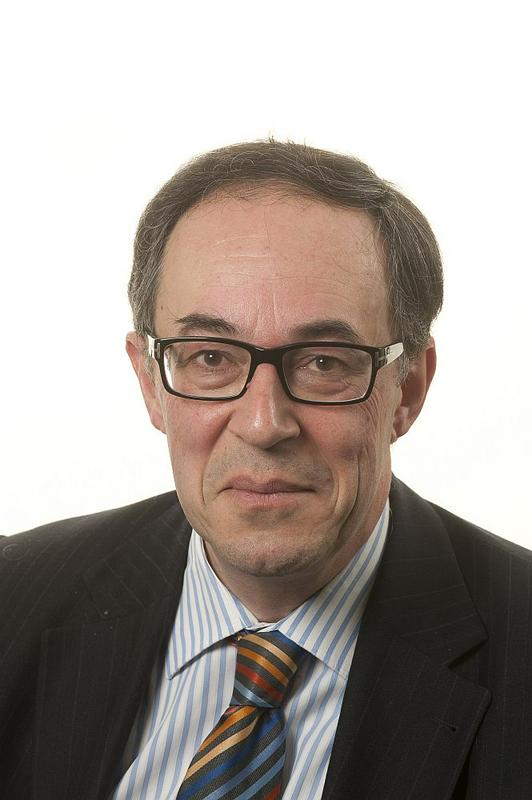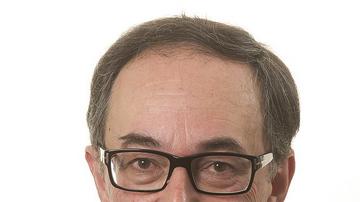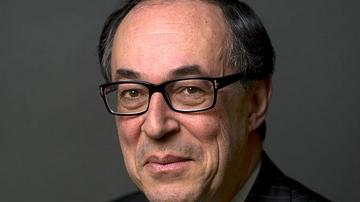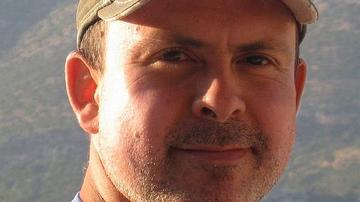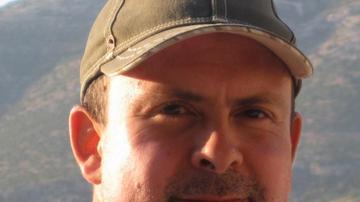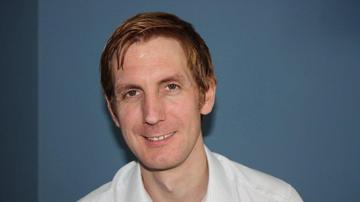Diplomats serving at the foreign embassies in Ljubljana and foreigners living in Slovenia will write blogs for the MMC News in English site. After Jaime Hilton, Deputy Head of Mission at the British Embassy, and Jose Antonio Morales, a Peruvian national, Pieter Jan Langenberg, Ambassador of the Netherlands, is our current blogger.
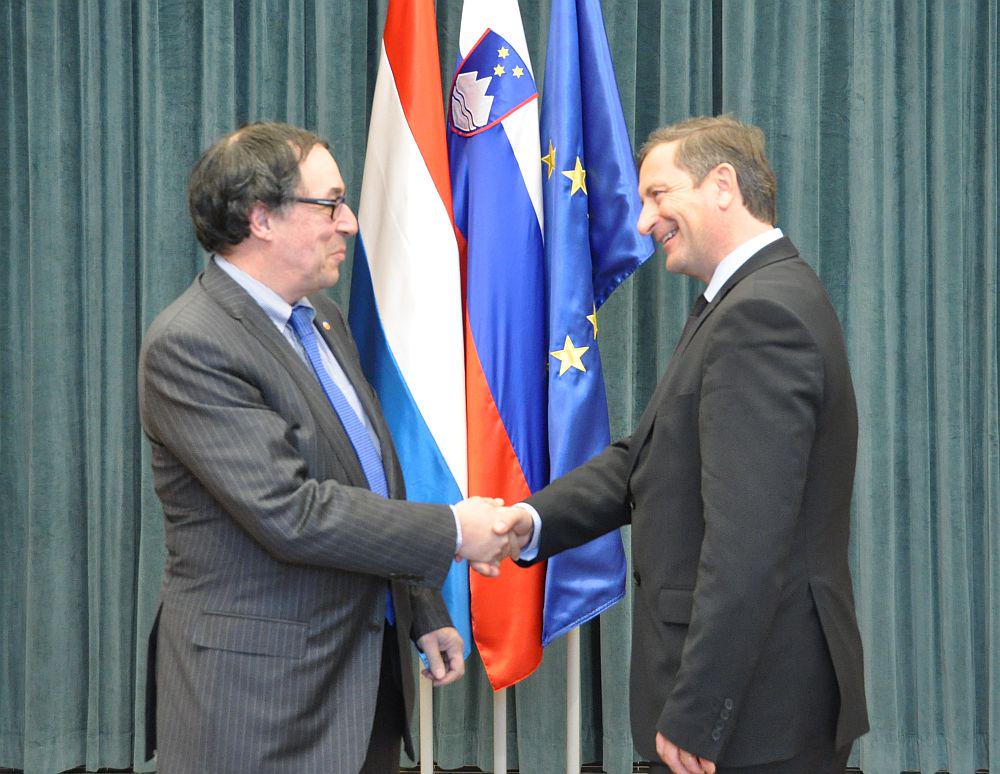
"Events, my boy, events", as former UK prime minister Mac Millan once remarked. Events are of course of interest to every diplomat: his posting is his natural habitat. As such, being posted to Slovenia last summer has been an interesting experience. The looming banking crisis, the stress tests, privatization, the current political transition and reform process, even allegations of corruption, possible future political instability, are all matters which can justify reporting by embassies. The numerous regular bilateral and multilateral contacts by our national ministers and experts in Brussels, Geneva or New York, have to be prepared for in the capitals, but they are often supplied with inside input from our own diplomatic missions too. An informed perspective can prevent surprises from over-dependence on hearsay or the media. One has to know beforehand if other EU member states are like-minded, or have contrary views and interests. Before European ministers or leaders meet, whether to discuss finance, foreign relations or the way Europe itself works, there are often many briefings or informal contacts between countries in advance.
I am happy to say, that since my arrival, the bilateral relationship has encountered hardly any problems. In fact, it is rather good, because the Netherlands and Slovenia are rather like-minded, and often work together to achieve goals in international affairs, for example human rights issues at the United Nations. We both lobby one another for UN candidacies, for the Security Council candidacy of the Netherlands in 2017-18, and the Human Rights Council candidacy of Slovenia in 2015. Such topics usually come up as part of the agenda during meetings, such as my recent visit to foreign minister Erjavec.
Another topic that the Netherlands strongly advocates in its relations with all other countries is corporate social responsibility. Although many companies now recognize that they must consider not just profit, but also the effects of their actions on people and planet, putting that into practice is often easier said than done. Consequently I was pleased to share the Dutch national experience on the UN guiding principles at the Forum on Business and Human rights organized by the Foreign Ministry at the Slovenian Chamber of Commerce last December. Companies should adhere to such principles, not only because one should respect them as a matter of principle, but moreover because one might even argue that it is often in their own direct interests. This is a topic taken up by civil society here as well, so I am looking forward to be a guest speaker at the conference on corporate social responsibility organized by IRDO, a Slovenian nongovernmental organization early March in Maribor.
Like all Dutch embassies, we try to spread a better understanding for Dutch policy priorities. Respect for the rule of law, democratic values and human rights, within or outside the EU are guiding principles in our foreign policy. Greater awareness can often be a helpful first step to change. That’s one of the reasons why the Netherlands is active at the worldwide Human Rights Day. In Ljubljana we supported the SKUC cultural center by making movies available that day. We also contributed to their annual Ljubljana gay and lesbian movie festival, and are looking at the possibility to contribute to the Building Bridges conference, dealing with LGTB and sport, early March as well.
Last September I had the opportunity to participate in the Bled Forum, an international event organized by the Slovenian Ministry of Foreign Affairs, that is recognized not only in the region, but also well-known more broadly in Europe. The main themes of Europe’s changing role in a changing world, and enlargement, were not only well chosen, but also an eye opener for me. It was a good occasion to get a better feeling for what Slovenia wants to achieve beyond its borders. I found it remarkable that there wasn’t a Eurosceptic mood, on the contrary, further European integration and enlargement were advocated.
With the elections for the European Parliament coming up May 25th, it will be interesting to follow the domestic political debate. As EU ambassadors were asked by schools to tell about how the EU is perceived in our home countries. I will be taking part as well. The Slovenian Ministry of Foreign Affairs has in the meantime already organized a series of debates, entitled: “More Europe, more Slovenia“. What’s in a name? The difference with the critical and growing anti-European sentiments one can find in some outspoken political circles within the original six EU founding members is striking. To a degree a more pro-European attitude over here is to be expected, as Slovenia is a recent member state that still appreciates the advantages of European integration. Many people in the older member states like the Netherlands often take the EU and its accomplishments for granted. In the Netherlands we argue for the application of the subsidiary principle, which means taking decisions at the appropriate, best level. It might be the local, or the European level, depending on the issue. Another priority is to help the EU itself function better.
As Slovenia is located so close to the western Balkans, the security provided for by EU-membership, and the political and economic stability are still widely appreciated. The recent unrest in Bosnia and Montenegro illustrates that the EU might make a difference here too. Being asked as a guest speaker at the pan European conference of Slovenian European Movement next weekend will give me another good opportunity to learn the Slovenian perspective on the EU and to share the Dutch views too.
The next Bled forum this autumn will deal – besides European topics - with a number of other foreign policy challenges and threats, including cyber security, or demographic changes. Life expectancy is rising, in both the Netherlands and Slovenia. It is not without reason that we both have parties advocating for a better deal for pensioners, or at least for those voters who are over the age of 50. Naturally I will be lobbying for Dutch high-level participation at the forum.
These examples illustrate that ambassadors nowadays reach out actively to explain national policy priorities through dialogue, to create more mutual understanding. You can often find them on the lecturing circuit, and modern embassies of course make good use of the social media as a possible network.
So much for foreign policy and lobbying! Next week I will focus on cultural and public diplomacy.
In the meantime, you can follow me on twitter @NLinSlovenia or check out the Dutch Embassy’s Facebook page: DutchEmbassySlovenia.
Pieter Jan Langenberg, Ambassador of the Netherlands
Diplomats serving at the foreign embassies in Ljubljana and foreigners living in Slovenia will write blogs for the MMC News in English site. After Jaime Hilton, Deputy Head of Mission at the British Embassy, and Jose Antonio Morales, a Peruvian national, Pieter Jan Langenberg, Ambassador of the Netherlands, is our current blogger.




















































